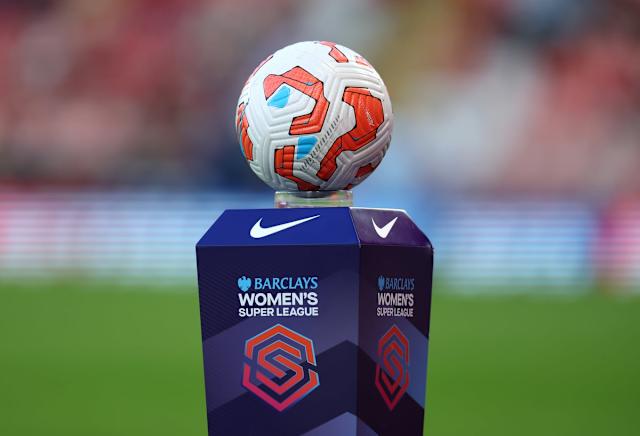On May 1, 2025, the Football Associations (FAs) of both England and Scotland announced that transgender women will be banned from participating in women's football, effective from June 1, 2025. This decision follows an April 16 ruling by the UK Supreme Court, which clarified that the term "woman" in the 2010 Equality Act refers exclusively to individuals assigned female at birth, thereby redefining eligibility criteria for single-sex spaces and competitions.
England's FA Policy Shift
The English FA's previous policy permitted transgender women to play in women's football if they maintained low testosterone levels for at least 12 months. However, in light of the Supreme Court's ruling, the FA stated that it must align with the updated legal framework and international sports regulations set by UEFA and FIFA. The FA emphasized its commitment to inclusivity but acknowledged that legal and scientific developments necessitated this policy change. They are reaching out to the approximately 20 transgender women currently registered in women's leagues to inform them of the changes and discuss alternative ways to remain involved in the sport.
Scottish FA's Earlier Decision
The Scottish FA had already implemented a similar ban earlier in the week, stating that only players assigned female at birth would be eligible to participate in women's football from the under-13 level upwards. This move aligns with broader trends in UK sports, where governing bodies are increasingly prioritizing biological sex in eligibility criteria for women's competitions.
Broader Context and Reactions
These policy changes have sparked a mix of reactions. Advocates for women's sports, including figures like Baroness Kishwer Falkner and Lord Sebastian Coe, have praised the decisions as necessary for ensuring fairness and safety in female competitions. Conversely, transgender rights organizations have condemned the bans, arguing that they marginalize transgender individuals and restrict their opportunities to participate in sports consistent with their gender identity.
The Equalities and Human Rights Commission (EHRC) is currently reviewing its guidance across various sectors, including sports, to reflect the new legal standards on sex and gender. This indicates a broader shift in the UK's approach to gender identity and legal definitions, with potential implications beyond the realm of sports .

.jpg)







